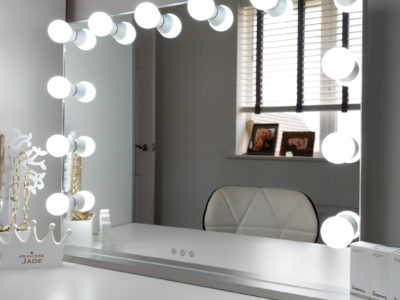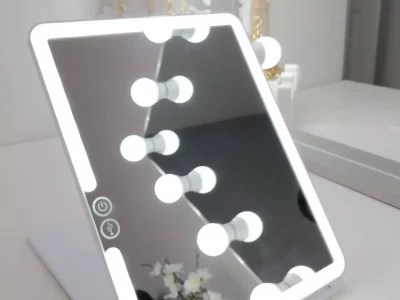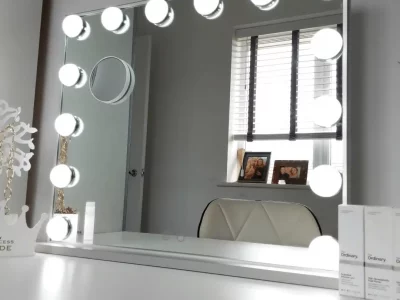Professional makeup artists have a lot of tricks up their sleeves to create the perfect look for you. One of those tricks is how they clean their brushes after every use! Brushes can build up bacteria and oils over time, which can lead to breakouts and make your skin sensitive. Professional makeup artists take care of this by using alcohol or water (or both) to remove all traces from each brush before it’s used again. This blog post will tell you more about the process so that you know what goes into creating your flawless look!
Why cleaning your make up brushes is important and why not taking care of them can lead to breakouts and skin irritation
It’s best to clean your brushes often and properly for a few reasons. Makeup brush bristles can pick up bacteria from one use to the next, which you may then transfer onto your face. This can cause breakouts or skin irritation. Also, many makeup brushes are made of animal hair (namely squirrel and sable), which can also lead to breakouts. When you clean your makeup brushes regularly, you are removing any oils or dirt that have built up in between uses. This will help your brushes last longer and it will make them work best for flawless application and best blending results.
What are the best ways to clean makeup brushes?
There are two best ways to clean makeup brushes: using alcohol or using water. The best way to clean your brushes is the method you feel most comfortable with personally. Usually, a mixture of both methods works best! This allows for thorough cleaning and can kill any bacteria that has built up on the brush bristles. If you’re only comfortable with one method, then definitely go for it! It’s best to make sure you buy professional makeup brushes if this is the case so that they have an established reputation in terms of sanitation.
How often should you wash your makeup brushes?
If you are a makeup artist, you should clean your brushes after every use. However, if you’re using the brushes for personal use, just cleaning them once a week will suffice.
Makeup artists clean their brushes after every use because if they don’t and they use the same brush on different clients, it can spread bacteria and cause breakouts.
When using your brushes in a professional setting, make sure you have antibacterial soap and water around so that you can clean them immediately after each client.
Step-by-step instructions on how to properly clean your makeup brushes
Step 1: Wet your makeup brushes with warm water
Step 2: In the palm of your (clean) hand, add a blob of cleanser
Step 3: Gently rub the brush tips into your palm
Step 4: Rinse the brush under running water thoroughly
Step 5: Rinse out excess moisture by wiping with a clean towel
Step 6: Make sure the brush head is put back to the shape it was before
Step 7: Leave the makeup brush dry, preferably with the bristles over the edge of a desk or counter
Tips for storing makeup brushes so they don’t get dirty or damaged over time
Tip 1: If you notice any hairs sticking out from your brush, you should trim them with scissors or clippers before you store it.
Tip 2: Using a small amount of dry shampoo on your brush can help to keep it from shedding too much. It’s best to use this at the end of a long day so that you don’t have to clean it again with soap and water.
Tip 3: You should always remove any makeup residue on the bristles when you’re cleaning your brushes. This is best done with just soap and warm water, but if that doesn’t work well enough for you, try using shampoo instead and scrubbing the bristles vigorously.
Tip 4: To best protect your brushes, you should store them inside of a closed container. This will keep the bristles from becoming scattered and prevent any dust from settling onto your brushes. It’s best to use an airtight container that doesn’t let in too much light or air.
Conclusion
To summarise, it’s important to clean your makeup brushes at least once a week. You can do this with soap and water or alcohol – the choice is up to you! However, be sure that whatever method of cleaning you use does not dry out your bristles as they could break off over time. If we missed anything let us know in the comments below and we’ll get back to you ASAP!











